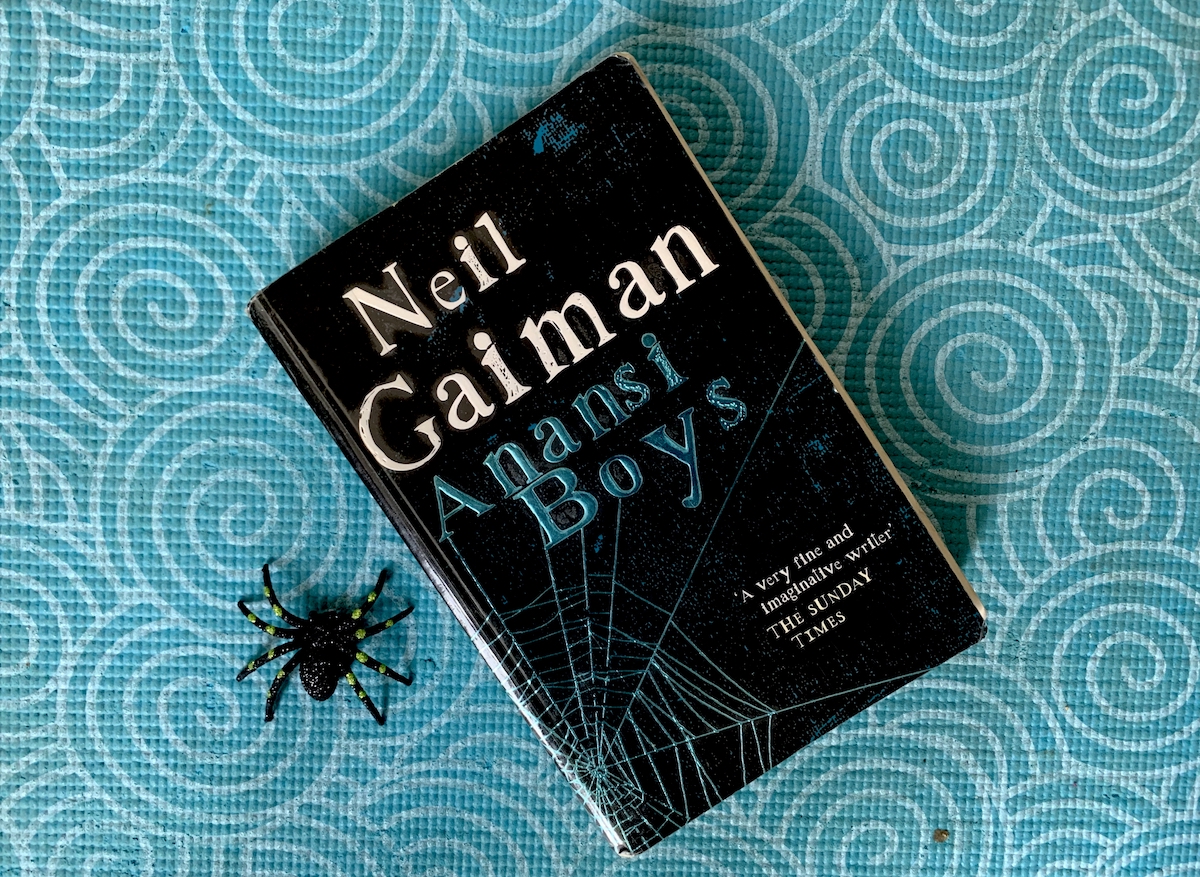Whether reading or writing, I find myself often thinking about the “rules” of storytelling. Worldbuilding in storytelling often feels like an establishment of rules of a universe: a great storyteller will make any rules, be they that love is magical or that everything works out for a reason or that people occasionally wake up transformed into giant bugs feel wholly inhabited. Whether realistic or fantasy, a great world with fixed rules keeps the reader grounded in the story.
To my mind, no one is a more fascinating builder of worlds than Neil Gaiman.
Gaiman’s work was first recommended to me by a close friend and fellow writer, and ever since, I have devoured each and every work of his I can get my hands on. What I love most about his work isn’t necessarily its speculative elements or its voice or its characters (all of which I do love, so, so much) but the way in which it walks a line between fantasy and reality in a way rivaled perhaps only by Douglas Adams. It really asks itself the question, time and again, “What would happen if the most abnormal things happened to the most normal of people?”
The Chosen Ones of Gaiman’s stories are the most reluctant, improbable people, from Newt Pulsifer to Richard Mayhew to, in the case of Anansi Boys, Fat Charlie Nancy, the reluctant son of the god Anansi.
This follow-up to American Gods exists in the same world as the former, but it inhabits a realm perhaps better known to Gaiman. Nancy is an American who has spent most of his life in the UK; Gaiman is the opposite, and the resulting combination of self-deprecation and confidence, of history and novelty, taps into things Gaiman knows intimately and well. His characters are zany and unique (though threads of Crowley, which David Tennant plays with bravado and swagger in the television adaptation of Good Omens, are present in the character of Spider. I think this reoccurring character might just be the Neil Neil Gaiman wishes he was – and I can relate.)
You don’t need to read American Gods to fall in love with this wholly Gaiman-esque romp. It’s a quick, fun read, and I’d recommend it to all.
